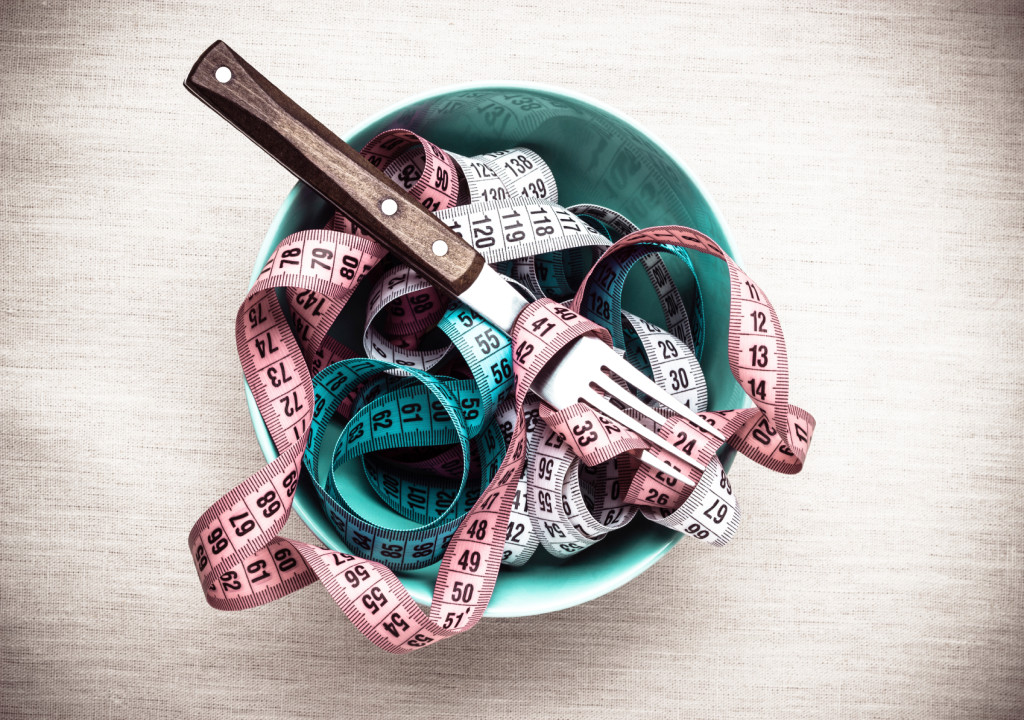Slow and steady wins the day with dieting. Here's why.
Medically reviewed by Dr Sultan Linjawi, Endocrinologist & Diabetes Specialist — November 2025

DO YOU WANT TO GET YOUR DIABETES UNDER THE BEST CONTROL?
Click the program that best describes your situation.
Looking for diabetes and diet videos?
Check out our latest diabetes videos for more great content.
It’s pretty clear throughout the research – the bigger we are, the greater our risk of developing a chronic disease such as diabetes, cancer, heart disease and stroke. We know that weight loss and healthy habits - watching what we eat, and exercising more, can improve our risk of chronic disease. These improvements have also been replicated with weight loss surgery (gastric bypass).
Maintaining weight loss is hard...
The hardest part about losing weight is maintaining it – while we’re losing weight we’re motivated, it’s easy to stay on track for a while – seeing the kilos coming off spurs us on a little bit more. When they stop coming off as quickly, or they start to creep on, it can start to feel like we’ve failed, our motivation levels fall, and our new habits tend to get flushed away. This can be the start of a yo-yo dieting cycle.
The recent study, Body-Weight Fluctuations and Outcomes in Coronary Disease has shown that yo-yo dieting is also harmful to health. Researchers reviewed data from 9509 people with pre-determined coronary artery disease, and found that large variabilities in weight were more likely to cause increased risk of diabetes and heart attacks. Unfortunately, the bigger the variation, the higher the risk, and it tended to be worse in people who were already overweight or obese.
The Framingham Heart Study
This study builds on the Framingham Heart Study, which found that patients without heart disease at the start of the study were more likely to die from heart disease if they had large weight fluctuations. Keep in mind, this doesn’t necessarily show that yo-yo dieting causes heart disease, but it certainly shows a correlation.
So even though weight loss has been shown to help reduce risk of chronic disease, the often-associated weight increase after weight loss, or the yo-yo effect can be detrimental too. It is important that the message remains clear, that its important to reduce the excess weight in order to improve risk factors, "but if you lose weight and gain it back, it's potentially harmful." - Dr Sripal Bangalore (study lead).
To the point:
- Being overweight increases your risk of chronic diseases – type 2 diabetes, heart disease, cancer and stroke.
- Yo-Yo dieting is also linked to increased risk of heart attack and type 2 diabetes, and while we don’t know if yo-yo dieting is causing increased risk, it is certainly possible.
- Aim to make small sustainable changes that evoke gradual weight loss. Sustainable changes will allow you to maintain better health for the rest of your life, this is the key to reducing overall risk.
If you have already been diagnosed with diabetes and would like to know more about how best to manage your condition, you can join our personalised 12 week diabetes program. We can tailor your program to give you more of what you want to see, for example tips of carb counting or exercise. Plus, the first week is completely free!
You can also read about what other people thought about the program on our Testimonials page .
Please see the following articles for more information:


















